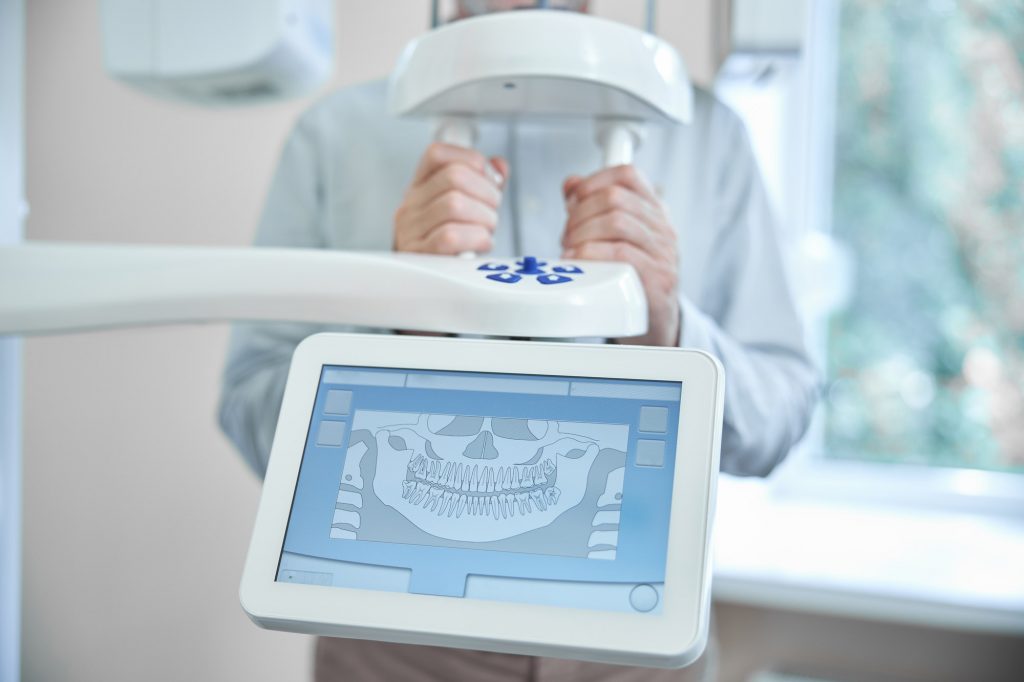How it relates the health of the mouth with your your overall health; The answer is that is directly and inextricably linked .A look at your oral cavity or a saliva sample can tell your doctor a lot about what is going on inside your body.
The mouth is one of the main entry routes for foreign micro-organisms in the body. This is why oral diseases are widespread and common in the human population. For example, it is now known that heart disease is related to oral health. The bacterium Phorphyomonas gingivitis, responsible for gum disease, is also considered responsible for harmful effects on the lining of the arteries.
It is therefore imperative that you focus on your oral care as you will get multiple benefits to your overall health and avoid unwanted conditions. So, let's have a look at some steps you can follow.
Some eating habits can cause problems for both your teeth and your body. For example, snacking during the day can increase the risk of tooth decay. caries risk. So limit snacks, especially those high in simple sugars, and choose a more balanced diet. Remember that every time you eat, food particles sit in and around your teeth, providing easy "fuel" for bacteria. The more often you eat and the longer food stays in your mouth, the more time bacteria have to break down sugars and produce acids that start the process of tooth decay. Every time you eat a food containing sugars or starches (complex sugars), your teeth are exposed to bacterial acids for 20 minutes or more. If you have to bite, don't forget when you're done brush your teeth or chew sugarless gum. A balanced diet is also important. Deficiencies in minerals and vitamins can also affect your oral health and therefore your overall health.
Commit to a daily oral hygiene routine. In consultation with your dentist, set up an effective oral hygiene routine that is easy to follow and takes your needs into account. For example, if you take medicines that dry out your mouth, you may need to use fluoride on a daily basis. Pregnant women, people with underlying medical conditions such as diabetes, and people undergoing orthodontic treatment may need special daily care.
Still, let's not forget that everyone can benefit from the fluorine, not just the children. Fluoride strengthens growing teeth (in children) and helps prevent caries in adults and children. Toothpastes and mouthwashes are good sources of fluoride. Your dentist can prescribe stronger concentrations of fluoride through gels or tablets if he or she thinks you need it.
So by taking care of the health of your teeth, take care of many other aspects of your health. You can prevent infections and even more serious diseases by following simple and daily steps. So it's up to you!



























